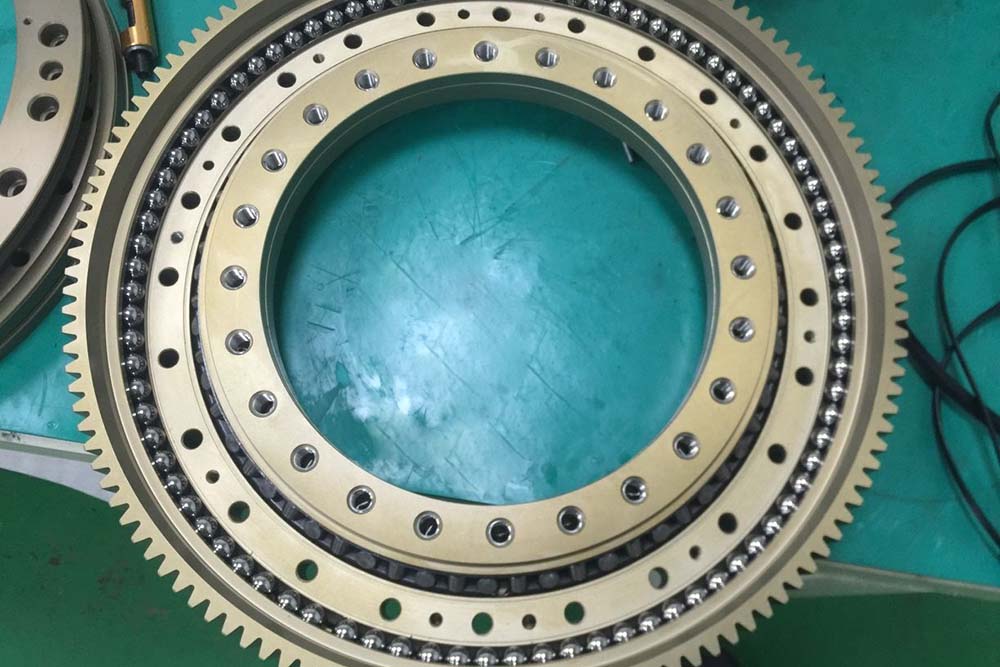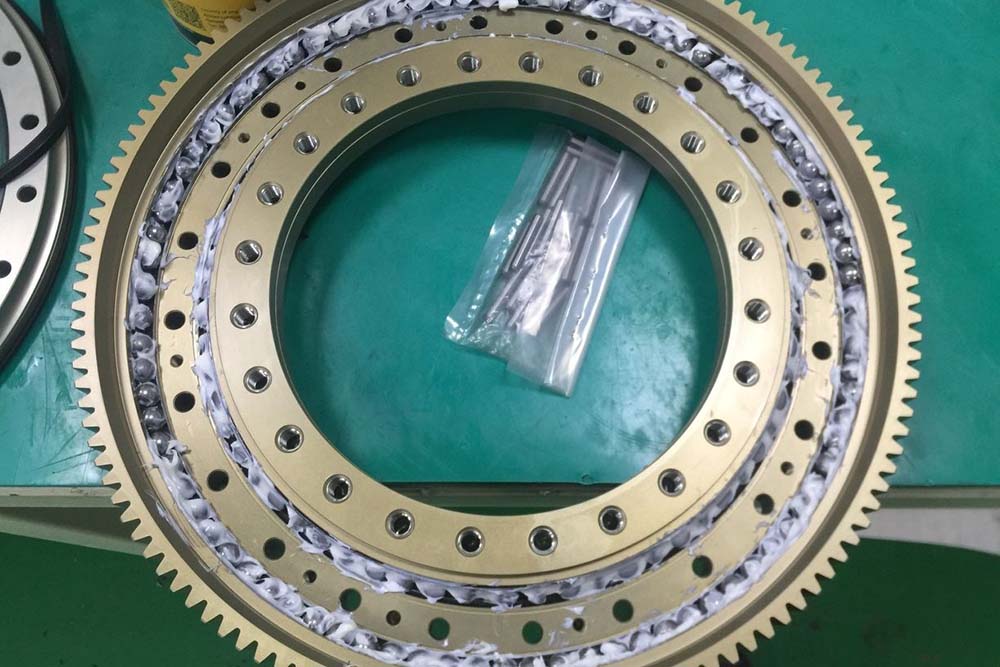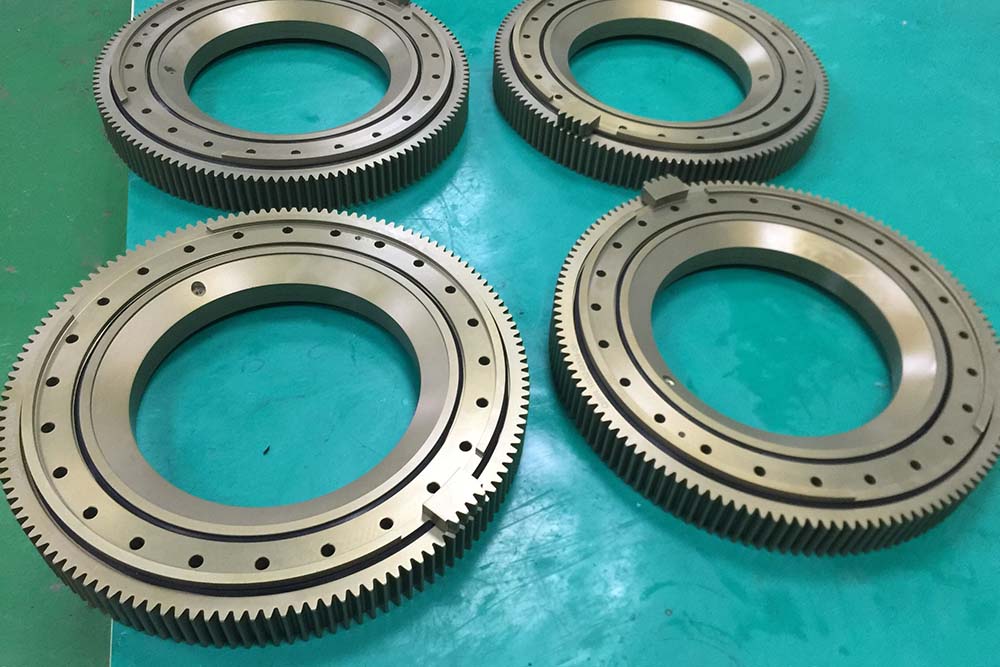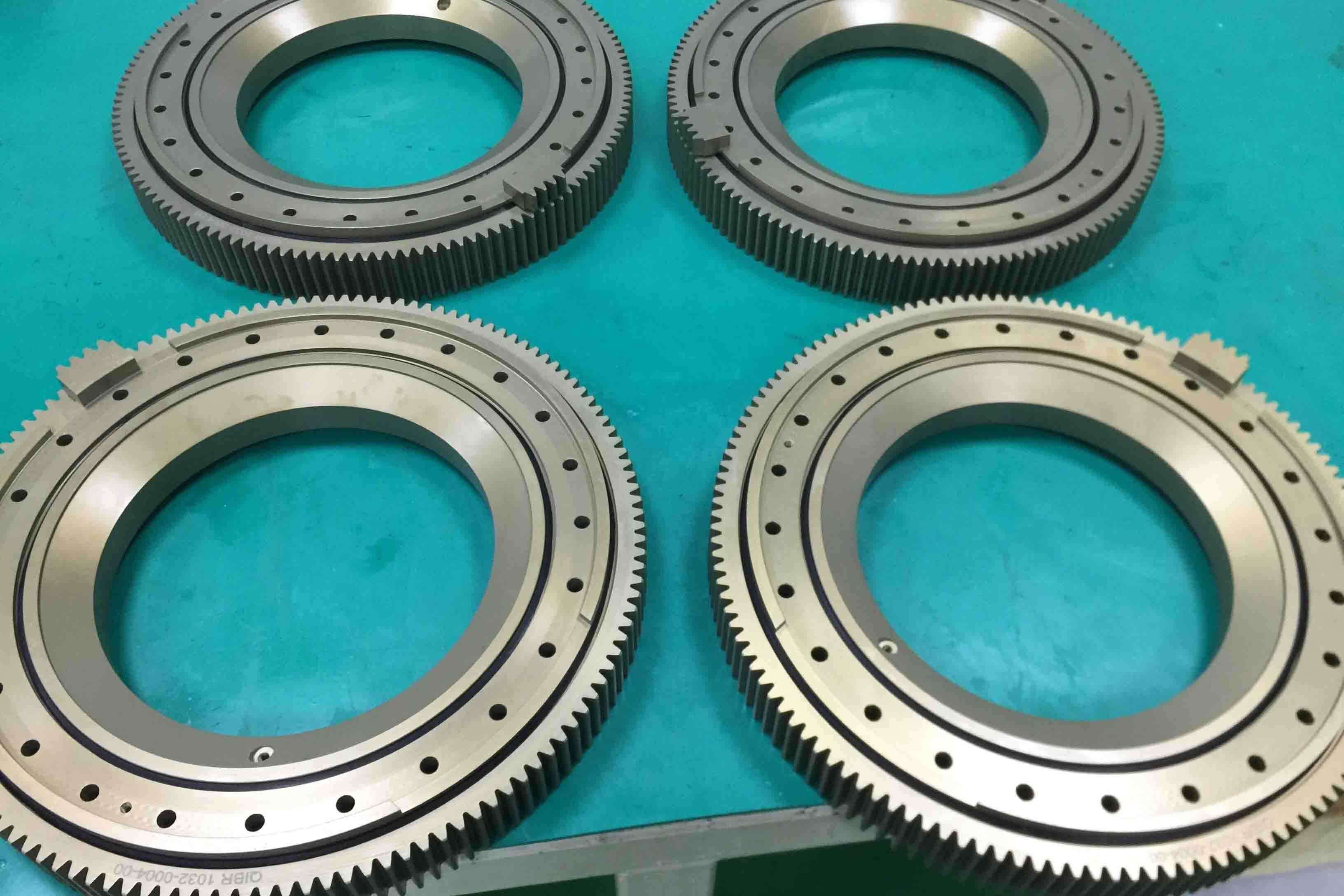Newsroom
What are applications and features of Wire Race Bearings?

Features:
1. Lightweight Design: Utilizes thin, hardened steel wire raceways, reducing overall weight compared to solid-race bearings.
2. High Load Capacity: Optimized contact geometry and hardened materials enable efficient distribution of radial, axial, and combined loads.
3. Compact and Flexible Configuration: Wire races bearings allow for custom shapes and compact designs, ideal for space-constrained applications.
4. Precision and Low Friction: Manufactured to tight tolerances for smooth operation, minimizing friction and enabling high rotational accuracy.
5. Durability and Corrosion Resistance: Hardened steel wires and optional coatings (e.g., ceramic) enhance longevity and resistance to harsh environments.
6. Self-Aligning Capability: Some designs accommodate misalignment, reducing sensitivity to installation errors.
7. Low Maintenance: Sealed variants and efficient lubrication systems extend service intervals.
8. High-Speed Suitability: Low inertia due to lightweight construction supports rapid motion.

Applications:
1. Aerospace: Used in actuators, landing gear, and satellite mechanisms for their lightweight and reliability.
2. Robotics: Ideal for robotic joints and arms requiring precision, compactness, and multi-directional load handling.
3. Medical Equipment: Deployed in MRI machines and surgical robots for quiet, precise, and compact operation.
4. Industrial Machinery: Found in rotary tables, packaging systems, and CNC machines for high-speed, high-precision tasks.
5. Renewable Energy: Wind turbine pitch/yaw systems benefit from their ability to handle heavy loads and harsh conditions.
6. Military and Defense: Used in radar systems, turrets, and missile guidance for durability and precision.
7. Automotive: Applied in steering systems, transmissions, and high-performance vehicles for lightweight, durable solutions.
8. Semiconductor Manufacturing: Critical in wafer-handling robots and lithography equipment requiring ultra-precise movement.

Considerations:
- Cost: Higher initial expense due to complex manufacturing.
- Installation Precision: Requires careful alignment unless self-aligning features are incorporated.

Wire race bearings excel in demanding environments where precision, compactness, and load versatility are paramount.


